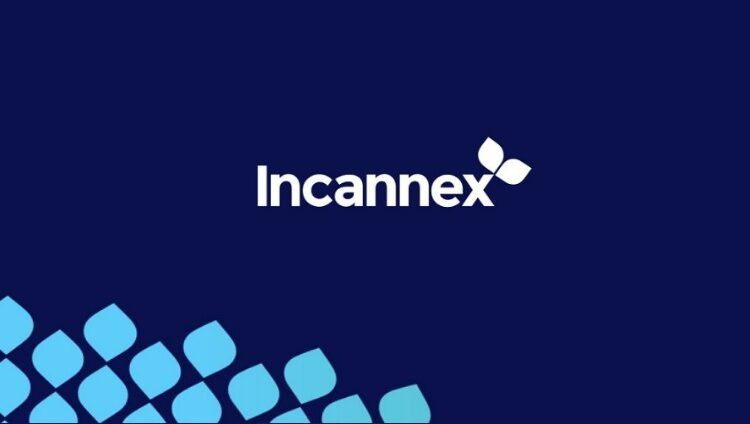
Incannex Healthcare Phase 2 Psilocybin Trial Data Analysis Has Begun
Australian biopharma company developing therapeutic cannabinoid products and psychedelic medicines Incannex Healthcare IXHL announced that its Phase 2 clinical trial assessing proprietary psilocybin-assisted psychotherapy for Generalized Anxiety Disorder (GAD) treatment achieved its interim milestone and the analysis of the data has begun.
The study, led in collaboration with the head of the clinical psychedelic lab at Monash University and a member of the Incannex scientific advisory board Dr. Paul Liknaitzky, is set to assess safety and efficacy as well as additional aspects of mental and physical health of the company’s psilocybin program.
The 10-week treatment program includes two dosing sessions with either psilocybin or an active placebo. To date, 45 participants have been enrolled in the study and 29 participants have now completed the treatment protocol and main outcome assessment following treatment, no safety issues observed.
The evaluation of this interim data will be conducted by an independent Data Safety Monitoring Board (DSMB). Incannex will use the consequent recommendations to decide on its regulatory strategy as well as plan pivotal studies while continuing to collect data from this Phase 2 trial (recruitment is ongoing towards completing the aimed 72 patients cohort.)
“Incannex continues to benefit from the academic rigor that Monash University and Dr. Liknaitzky bring to the development of this therapy, which should assist our ambitions to be amongst the first companies in the world to provide a proprietary psychedelic therapy to the public. We look forward to providing a further update to our stakeholders following the recommendations from the DSMB,” said the company’s CSO, Dr. Mark Bleackley.
Incannex describes itself as a clinical stage pharmaceutical development company that is developing unique medicinal cannabis pharmaceutical products and psychedelic medicine therapies for the treatment of obstructive sleep apnoea (OSA), traumatic brain injury (TBI) and concussion, lung inflammation (ARDS, COPD, asthma, bronchitis), rheumatoid arthritis, inflammatory bowel disease, anxiety disorders, addiction disorders, and pain, among other indications.
__________
This article was originally published on Benzinga and appears here with permission.



